At NeuKurs, content from the own kitchen comes to the table
NeuKurs stands for knowledge in small bites, served through short videos, podcasts, infographics or brochures. The team around founder and CEO Felix Dibelka are enthusiastic content designers who shape business or company information into entertaining microlearning units. So much for the overview. We will provide more insights into the world of the content chefs.
But before we look at the successful offerings of the EdTech company, let’s first clarify what Felix actually means by microlearning: “The point is that knowledge is always exactly where the users are. And why we rely on microlearning: Our brain can process learning material best in small packages of no more than five minutes. It is anchored with a repetition after 30 seconds.”
In order for the short learning units to be effective, they should also meet a minimum didactic standard. The learning material is prepared according to the specially developed “NeuKurs Digital Didactics” principle. Of course, the details remain top secret, only this much: they are instructions that serve to methodically prepare the knowledge. Storytelling is another aspect that flows into the resulting text, which in turn is poured into various digital and analogue learning formats.
Customized or off-the-shelf
Building on this, two successful business areas sizzle at once, namely for B2C and B2B – i.e. private and business customers. Private learners are catered for with the “Standard Content”, which consists of courses on the topics of personality, specialist knowledge and leadership with categories such as business law, marketing or human ressource management. Above all, the Standard-NeuKurse are suitable for managers and entrepreneurs. Those who want to further their education in the business sector can enjoy the full microlearning buffet with appealing videos, audios and knowledge graphics. The real feast, however, is in the second field – the individualised projects for B2B customers.
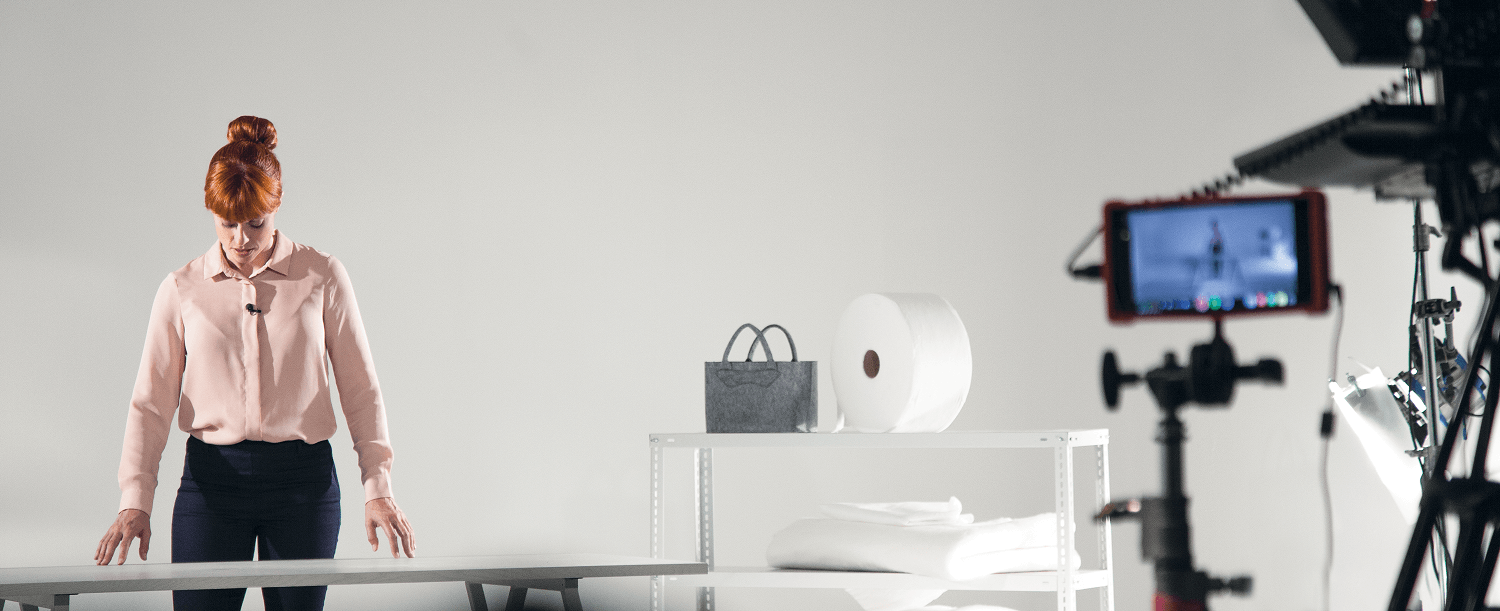
The 5-course menu
…this is because corporate clients prefer to be served up. They turn to NeuKurs to have their own internal expertise prepared in an attractive way. The massive task for the content makers is to sort out the many documents they receive from the companies in order to filter out the most important content and to knead it into microlearnings. Accordingly, prices vary greatly depending on the volume of orders: “We often get an enormous amount of PDFs or printed materials, all of which we have to work through before we can start producing the learning content,” says Felix. In addition, the finished content dishes have to be prepared in a technically compatible way for the companies’ learning management systems. “Put simply, this involves packaging the content so that the respective software programmes can reproduce it.”
The beautiful content that results from this is mostly used by the entrepreneurs for further training, sales or marketing purposes. In any case, it is up to them, because the rights of use are entirely theirs after the purchase.
The right spice, however, is to include target groups and company visions: For whom and why are the learning units actually made? What company know-how should not be mentioned? Whereby – precisely therein lies a valuable acquisition tool, says Felix: “Keyword: Customer Intimacy. Nothing anchors a bond with a customer more than sharing one’s own knowledge”. Especially in sales and acquisition, companies can score points with this.
NeuKurs has all the ingredients for exciting learning in further education and in everyday business life – from reflective advice to the complete production of microlearning lessons. By the way, the four-member team creates the microlearning lessons with external employees who act as moderators, actors and translators in a wide range of languages. “We have the studio and the teleprompter,” says Felix with a smile. Well then, dinner is served!

We asked Felix Dibelka:
How can companies provide efficient training?
There are interesting developments. Departments in companies are changing and their training departments are slowly stopping producing their own content. The direction is that the content for this comes from the employees themselves. Sharing knowledge, entering into cooperations. Only the infrastructure comes from the departments. That is coming very strongly and this is also changing the view of learning. The employees themselves should be required to learn – what they need to know and what they need for it. That’s an interesting effect; it also shifts the power structure in companies. But more freedom also means more responsibility for one’s job.
What do you think will be important in this?
There are two aspects – the side of the employees with topics on self-management, self-organisation and methodological knowledge. So above all, what tools are there for learning and sharing knowledge? And on the other side, the entrepreneurs, where it is about activating knowledge for marketing and sales. There are some treasures lying around that no one is lifting. If you package and distribute them correctly, you have already covered important areas such as corporate image and employer branding really well. And there is a third aspect that is quite underestimated: costumer intimacy. How can I create a closeness and thus a long-term connection to my customer. And in my opinion, that works best by sharing knowledge.
Did the Covid pandemic also help here again?
Yes, it did. Since then, I’ve seen a completely different view of e-learning and home offices among many entrepreneurs. Much more open and positive. You can see that a crisis like this also brings hope.
More articles
The following articles might also interest you.
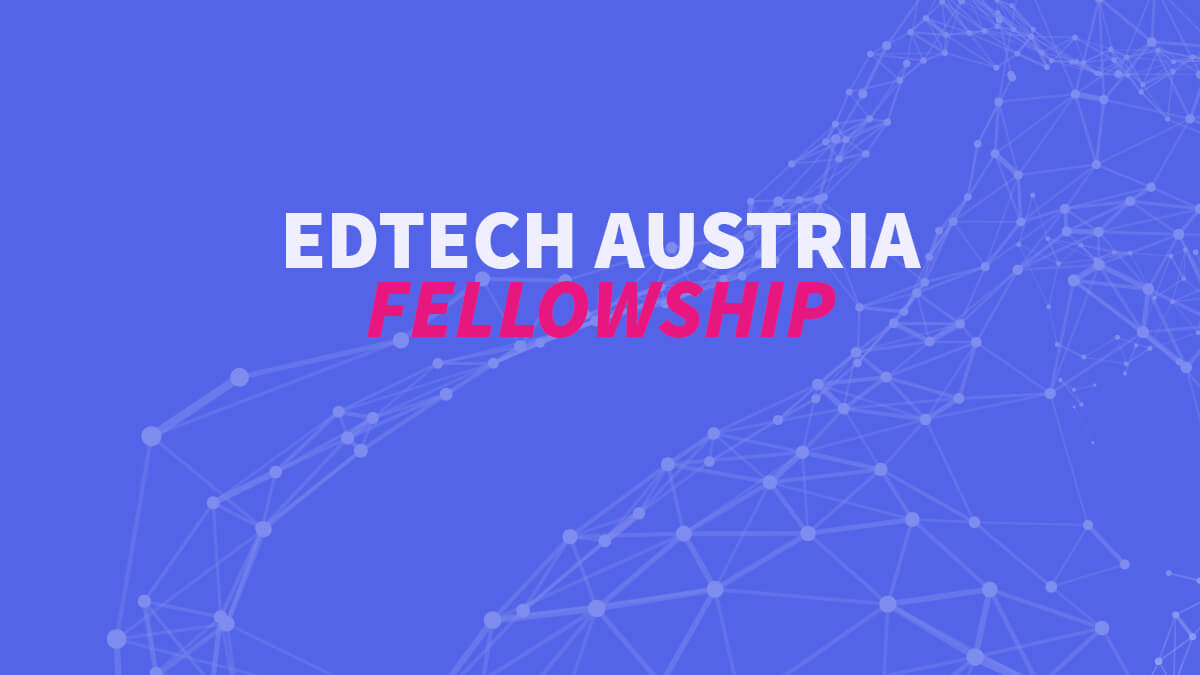
EdTech Austria Fellowship
24. October 2024

Lifelong Learning in Transition: Opportunities and Challenges of AI
17. January 2025
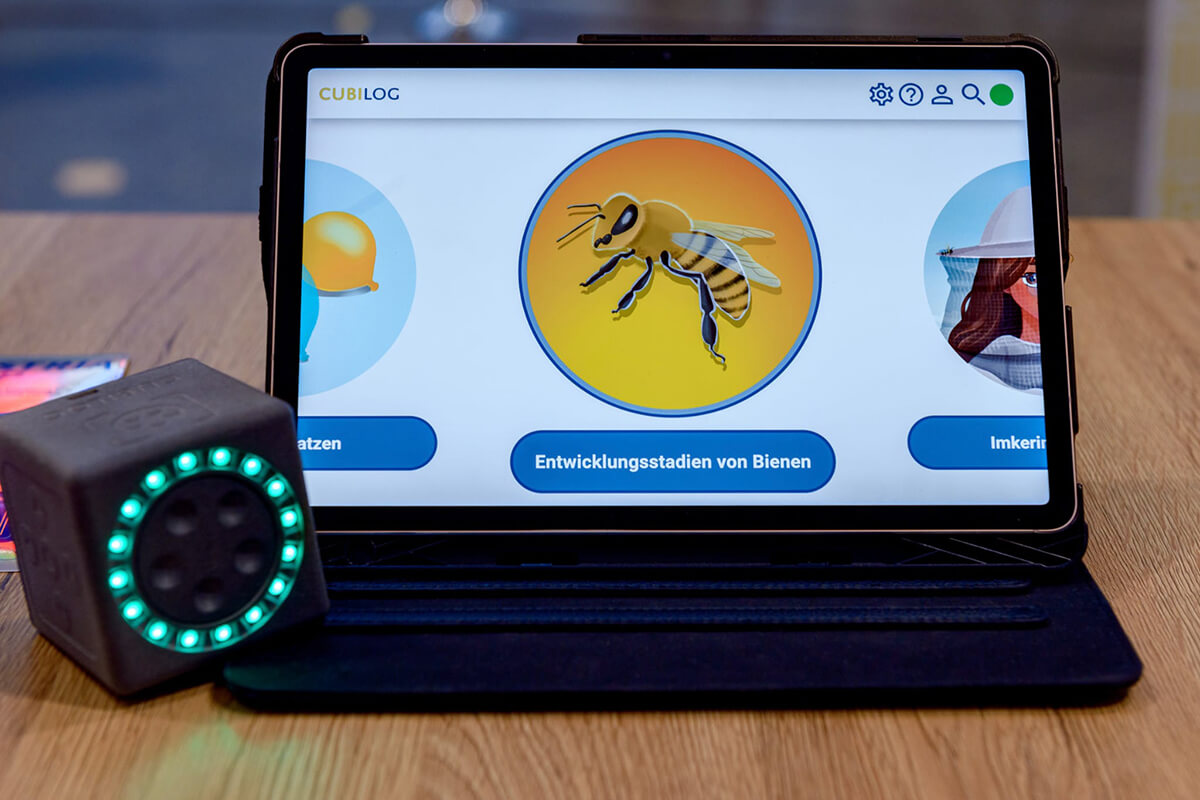
Motor and digital: Cubilog reimagines language development
16. December 2024
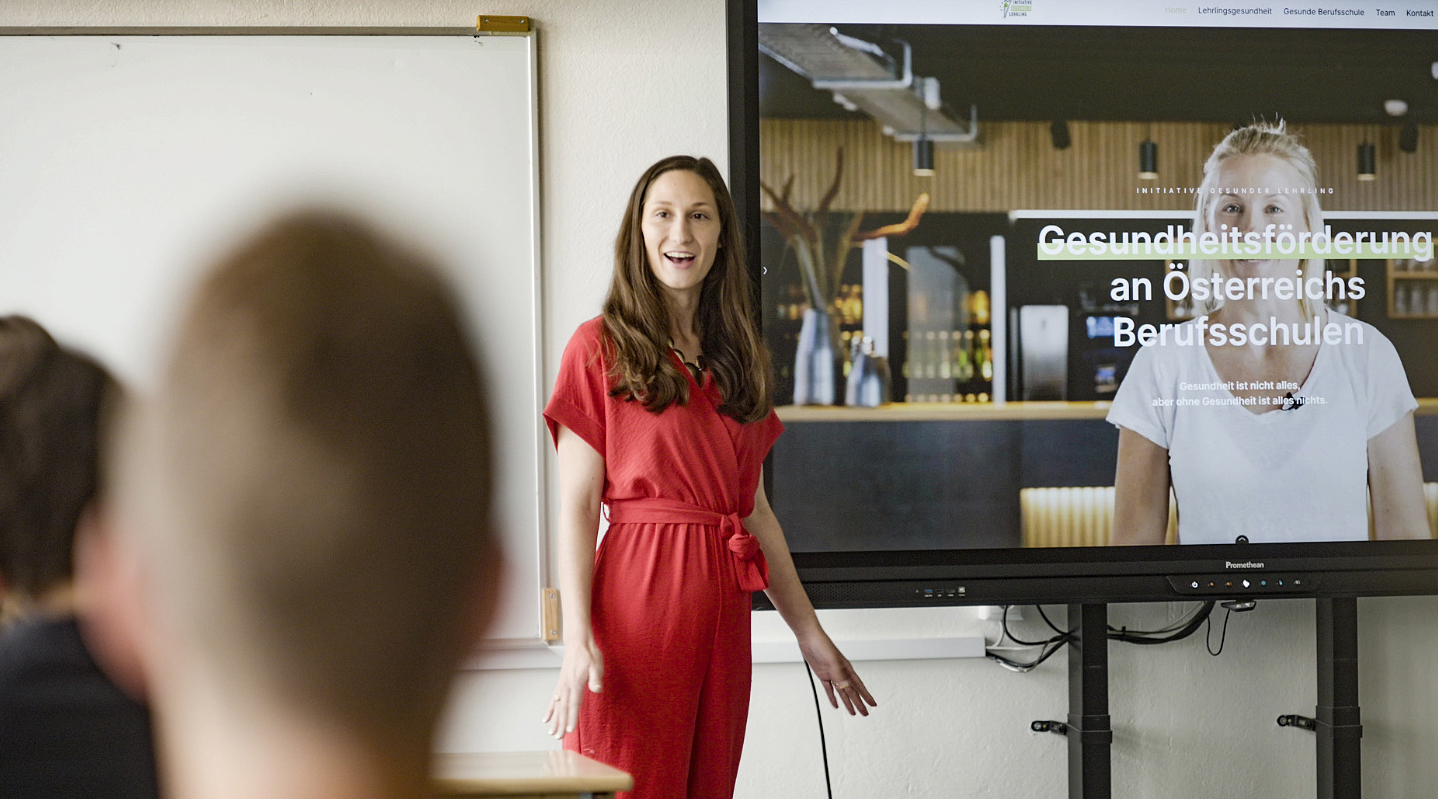
“Healthy Apprentice”: Health Literacy for Vocational Schools
28. November 2024
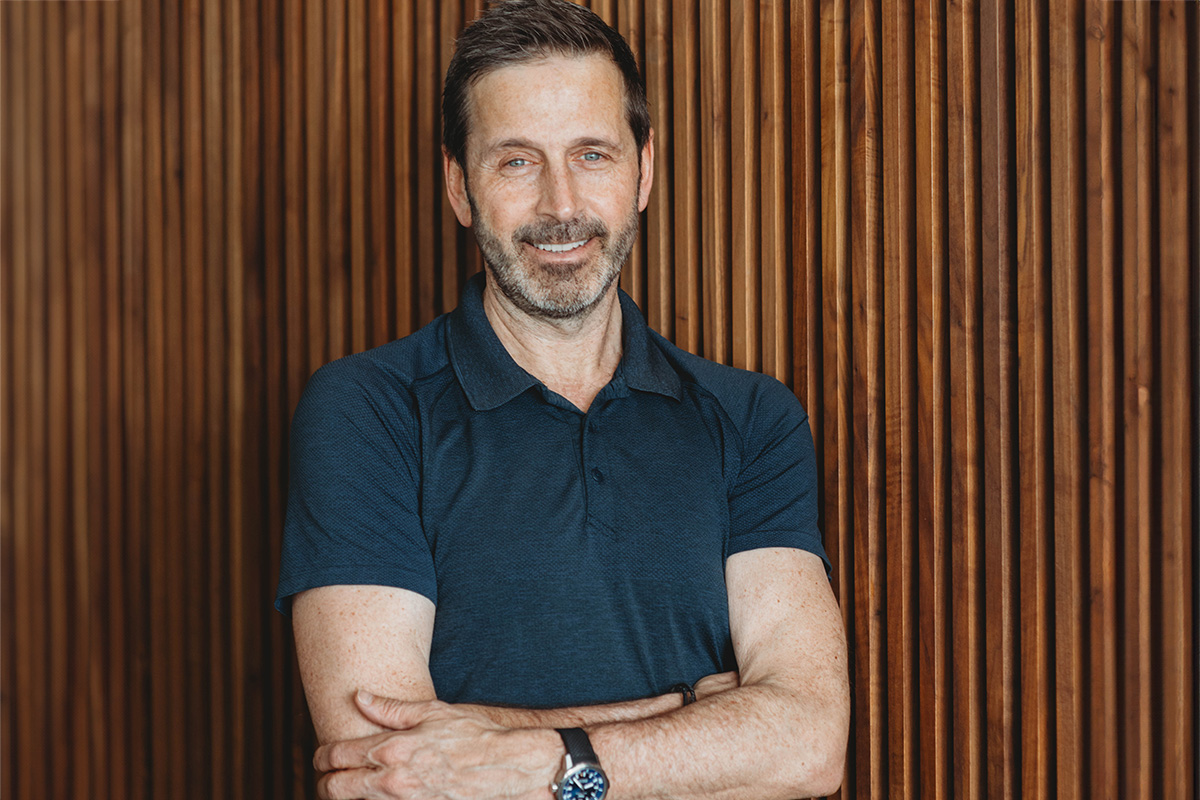
Good Days, Bad Days: “Upstrive” Captures Mental Health
15. November 2024
